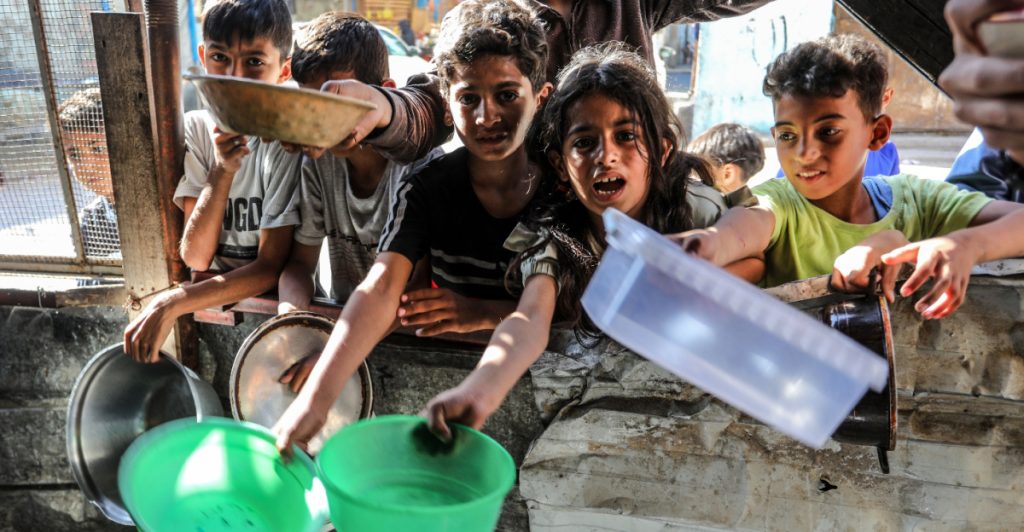Who heals Gaza’s trauma after the bombs stop dropping?
Others are reading now
Who heals Gaza’s trauma after the bombs stop dropping?
After the bombs stop, there is still a trauma that lingers
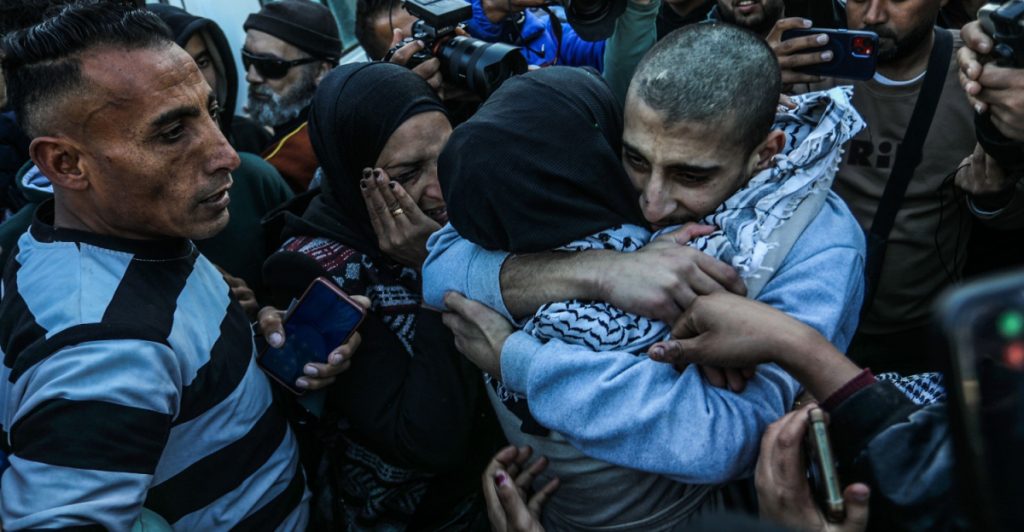
In an interview with the BBC, Dr Mohammed Abu Mughaisib, a senior Gaza medic recently evacuated to Ireland, poses a painful question: What happens when the war ends but the trauma doesn’t?
After witnessing extreme suffering, starvation, and destruction, he warns that Gaza’s wounds go far beyond physical injury.
A war on every layer of life
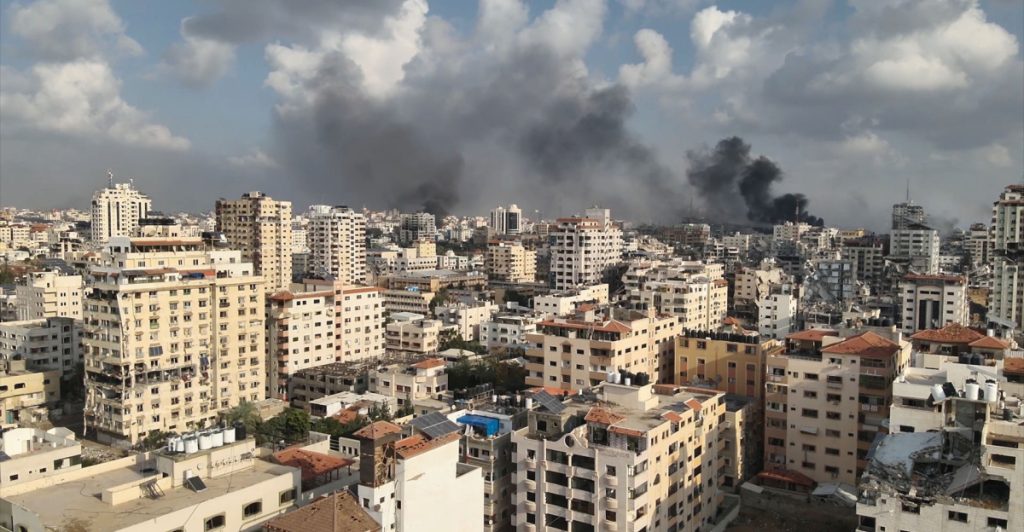
It is a war on electricity, water, hospitals, homes, schools, even memory.
What’s left behind is not only rubble but a population stripped of safety, structure, and support.
Also read
Rebuilding concrete is one thing, rebuilding lives is another.
Gaza’s doctors are broken too
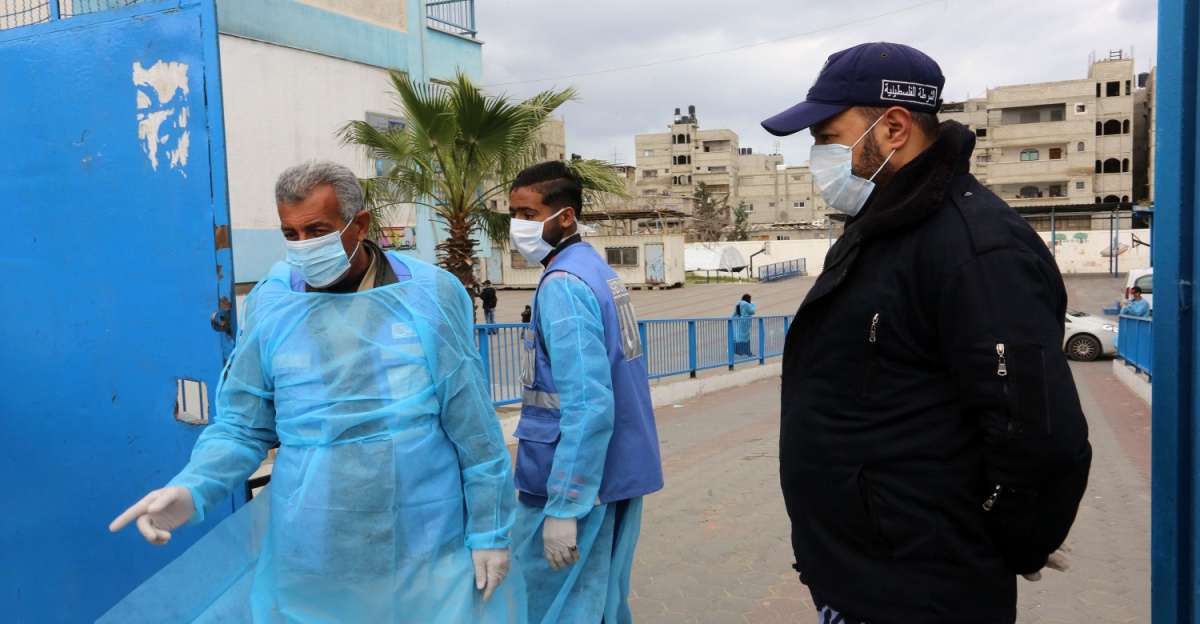
Even medics trained to heal are shattered.
Many have starved while saving lives, worked through grief and exhaustion, and lost friends, homes, and colleagues.
He says that he still have colleagues under the rubble. They are survivors—but deeply damaged ones.
“Everything Is lost”
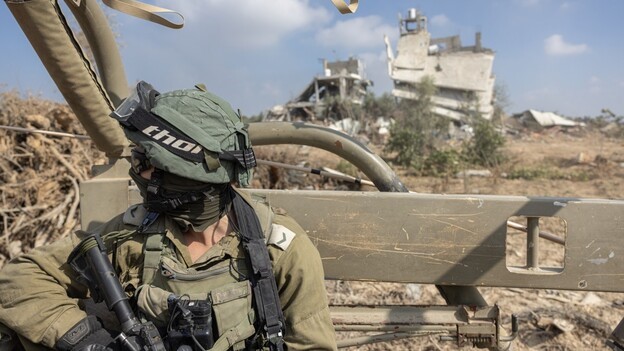
Dr Abu Mughaisib says Gaza faces not just a healthcare crisis, but a mental health catastrophe.
Also read
“The wounds are not just physical,” he says. “They are social, psychological, emotional, and spiritual.”
Families have been shattered, children orphaned, and entire communities displaced multiple times.
Children in crisis
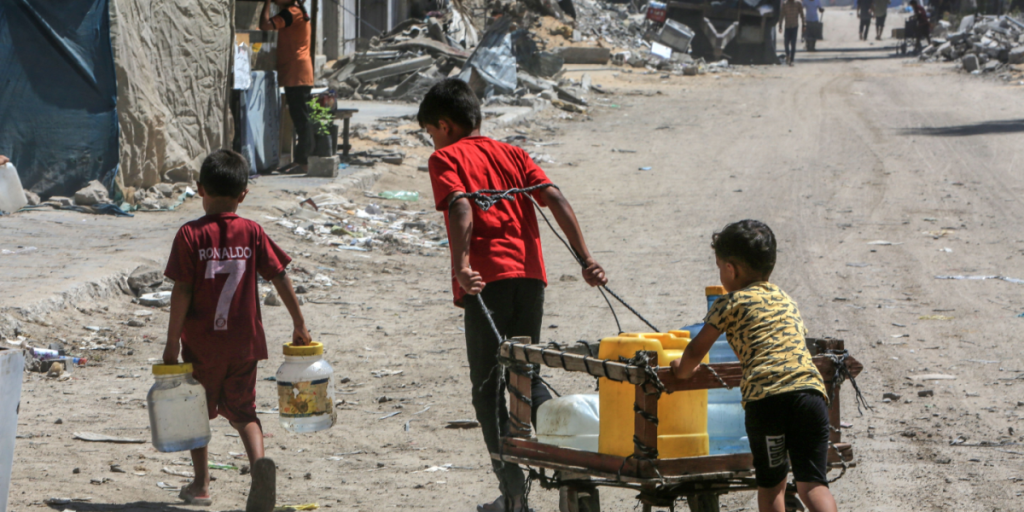
According to UNICEF, over half of Gaza’s population is under 18.
Many of these children have witnessed death, destruction, and starvation. Some lost entire families. Others have been injured or displaced multiple times.
These children will grow up—but how, and into what?
Also read
There are no safe spaces left
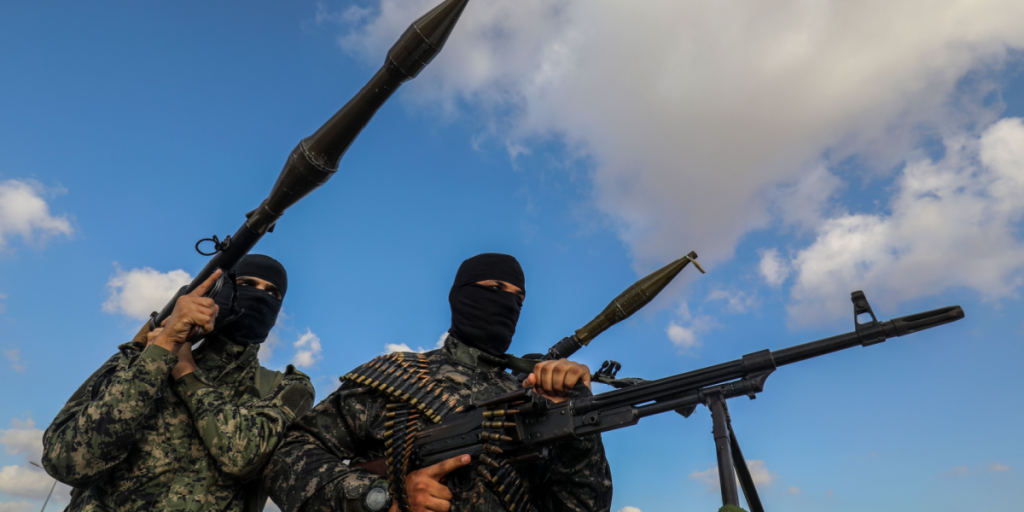
Hospitals, schools, and homes all places that should offer shelter have been bombed or abandoned. People fleeing one strike end up victims of the next.
Even medics like Dr Abu Mughaisib say they lived in “tents, hospitals, and offices”.
The concept of safety itself has been erased.
Grief without pause, fear without end
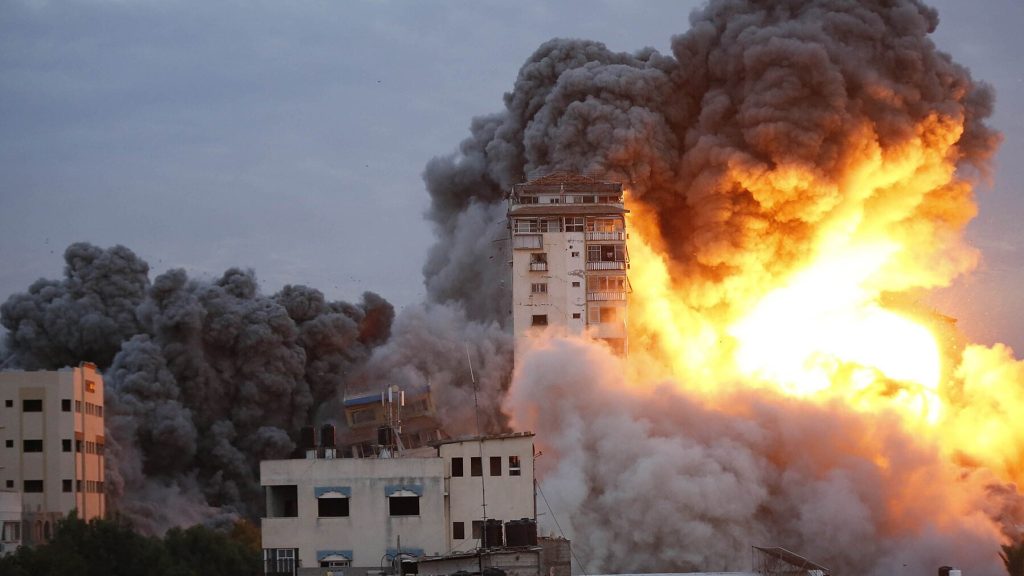
Every time Abu walked the streets, he described how he was scared for his well-being
People feared being near anyone who might be targeted. Every decision was a moral dilemma.
Also read
Who do you treat? Which injured child gets a bed?
The daily choices in Gaza weren’t just medical they were trauma-inducing.
Healing requires more than ceasefire
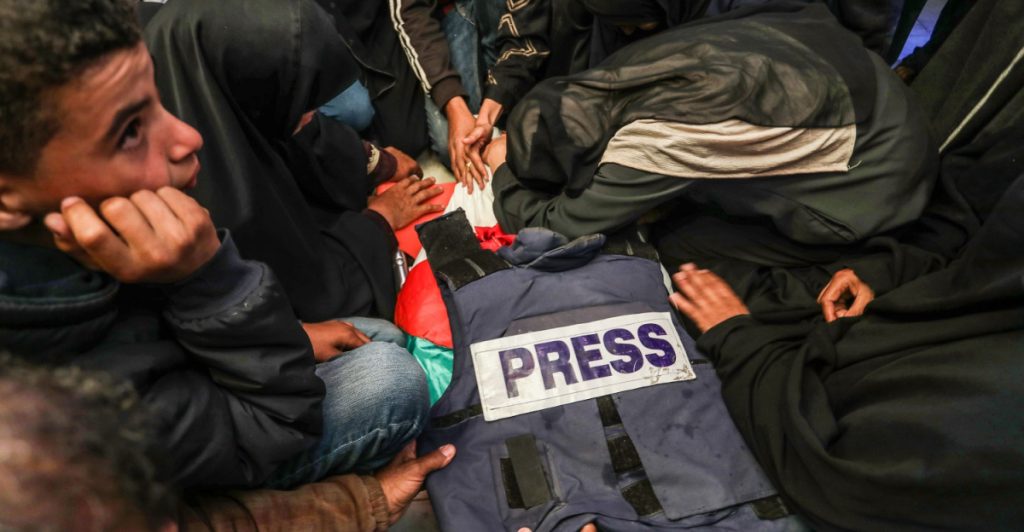
Even when the fighting stops, the trauma will remain etched into bodies and minds. Psychological scars are harder to mend than broken buildings.
Dr Abu Mughaisib believes global support will be essential.
Dr. Abu also expresses his belief that the global community must step in to help the next generation through aid
Also read
A generation of PTSD?
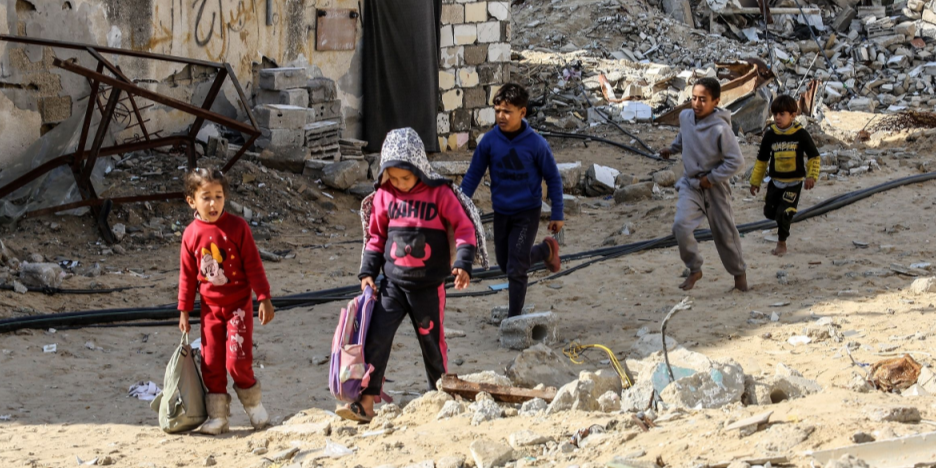
Without a coordinated, long-term recovery plan, Gaza could become home to an entire generation suffering from PTSD, depression, and grief.
This trauma could ripple through decades affecting relationships, education, work, and even peace.
What tools will we offer to rebuild these broken lives?
What happens next is the world’s responsibility
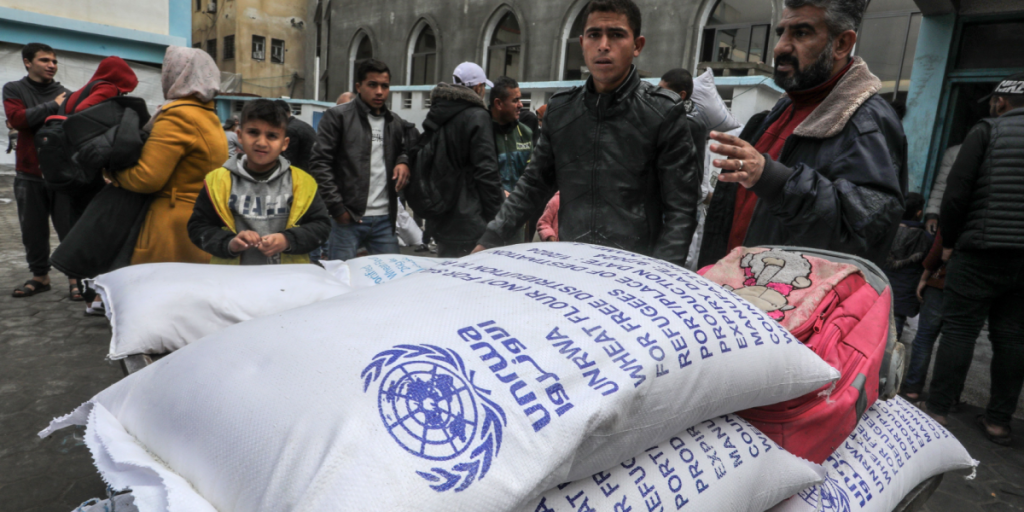
Dr Abu Mughaisib believes Gaza won’t recover on it’s own.
He says, it will be very difficult, as the psychological cost of this war is immeasurable and long-lasting.
Also read
Humanitarian aid, mental health support, and political will must follow the ceasefireor the real aftermath of war will just be beginning.

